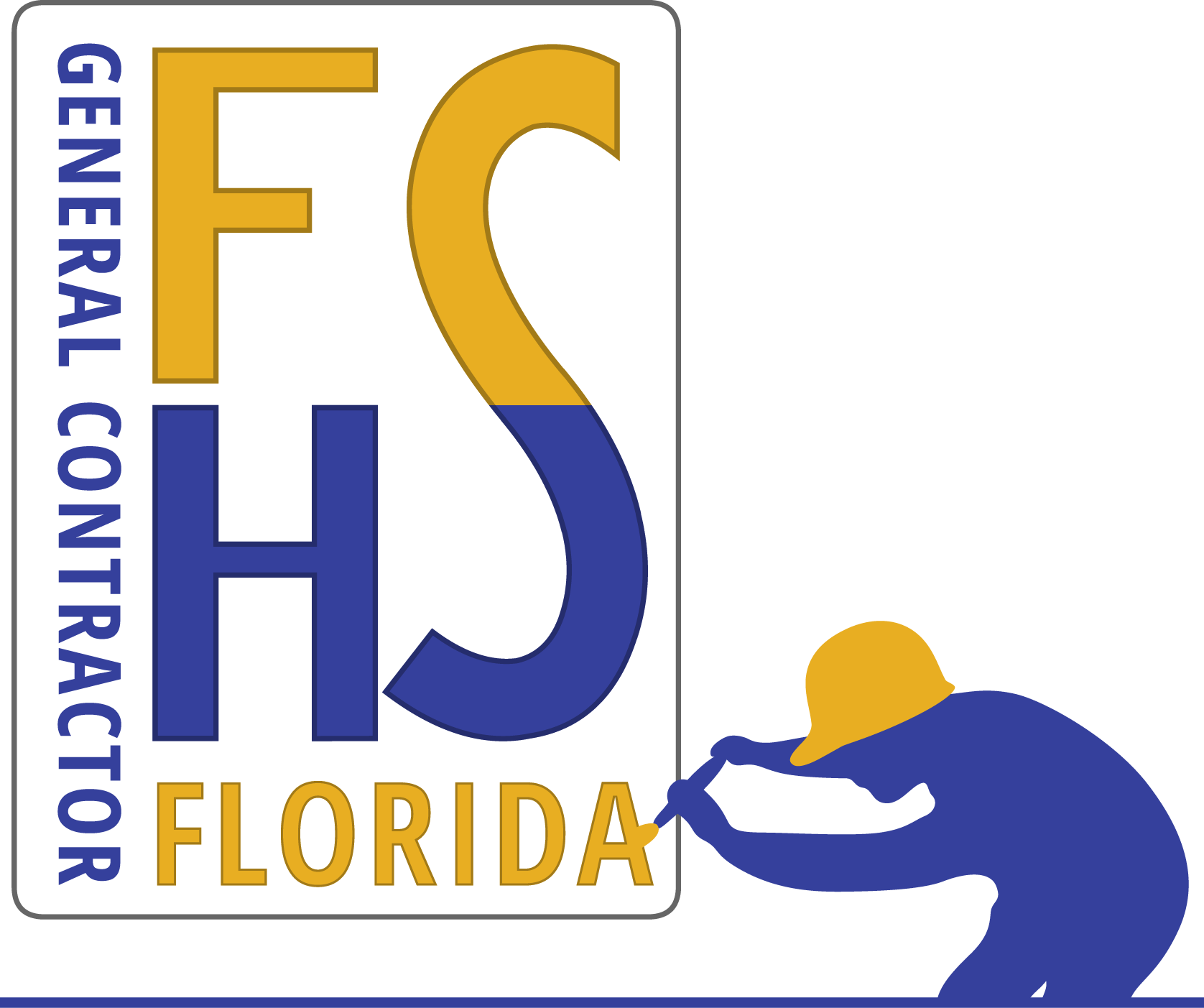Florida Certified Contractors: What You Need to Know
When embarking on a construction or renovation project in Florida, hiring a certified contractor is crucial for ensuring quality, safety, and compliance with local regulations. Florida's unique climate and building requirements make it essential to choose a contractor who is not only skilled but also properly certified. Here’s a comprehensive guide to help you understand what it means to hire a certified contractor in Florida, and how to find the right professional for your needs.
What Is a Certified Contractor?
In Florida, a certified contractor is a professional who has met the state's rigorous standards for licensing and competency. Certification ensures that the contractor has the necessary knowledge and experience to perform work according to state regulations and local building codes. Certified contractors must pass exams, provide proof of experience, and adhere to continuing education requirements to maintain their status.Types of Certified Contractors in Florida
Florida offers several types of contractor certifications, each catering to different areas of construction and renovation: **1. General Contractor: Handles all types of construction work, including commercial and residential. General contractors oversee large projects and can subcontract specialized tasks. **2. Building Contractor: Specializes in building and renovating residential and commercial structures, including alterations and repairs. **3. Residential Contractor: Focuses on residential construction and remodeling, including single-family homes, townhouses, and condos. **4. Specialty Contractors: Includes contractors with expertise in specific trades such as plumbing, electrical work, HVAC (heating, ventilation, and air conditioning), and roofing.How to Verify a Contractor’s Certification
To ensure you’re hiring a qualified and licensed professional, follow these steps: **1. Check License Status: Visit the Florida Department of Business and Professional Regulation (DBPR) website. Use their license search tool to verify the contractor’s license number and check their certification status. **2. Review Disciplinary Actions: The DBPR website also provides information on any past disciplinary actions or complaints against the contractor. This can give you insight into their reliability and professionalism. **3. Ask for Proof of Insurance: Certified contractors should carry general liability insurance and workers' compensation coverage. Request proof of insurance to protect yourself from potential liabilities. **4. Verify Bonding: Ensure that the contractor is bonded. A bond provides a financial safety net in case the contractor fails to meet their contractual obligations. **5. Review References and Portfolio: Ask for references from past clients and review the contractor’s portfolio of completed projects. This will help you gauge their workmanship and reliability.Benefits of Hiring a Certified Contractor
**1. Compliance with Local Codes: Certified contractors are knowledgeable about Florida’s building codes and regulations, ensuring that your project meets all legal requirements. **2. Quality Workmanship: Certification demonstrates a contractor’s commitment to professional standards and high-quality work. **3. Protection for Homeowners: Certified contractors are required to carry insurance and bonds, offering protection in case of accidents or incomplete work. **4. Access to Resources: Certified contractors often have access to industry resources, training, and materials that can enhance the quality and efficiency of your project.Common Mistakes to Avoid
**1. Hiring an Unlicensed Contractor: Avoid contractors who do not have the proper certification or license. Working with unlicensed professionals can lead to legal and financial complications. **2. Neglecting to Check References: Always check references and past work before hiring a contractor. This helps ensure that they have a track record of successful projects. **3. Skipping the Written Contract: A detailed, written contract should outline the scope of work, timeline, payment terms, and other essential details. Don’t proceed without a clear agreement. **4. Ignoring Insurance and Bonding: Failing to verify insurance and bonding can leave you vulnerable to financial risks in case of accidents or issues with the project.Conclusion
Hiring a certified contractor in Florida is a critical step in ensuring that your construction or renovation project is completed to the highest standards of quality and safety. By understanding the types of certifications, verifying credentials, and avoiding common pitfalls, you can make informed decisions and achieve successful project outcomes.All Categories
Recent Posts
Fazal0 Comments
Florida Certified Contractors: What You Need to Know
Fazal0 Comments
Balcony Construction and Repair: Everything You Need to Know
Fazal0 Comments
